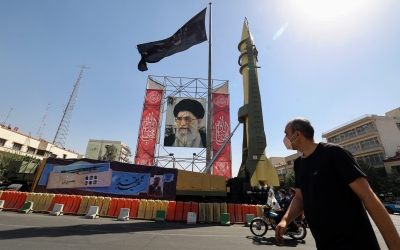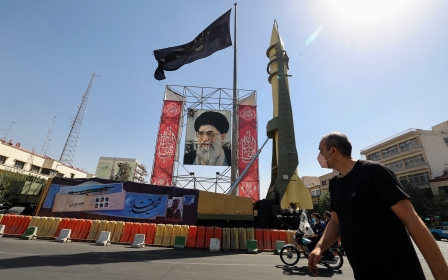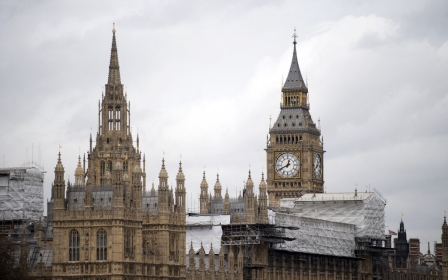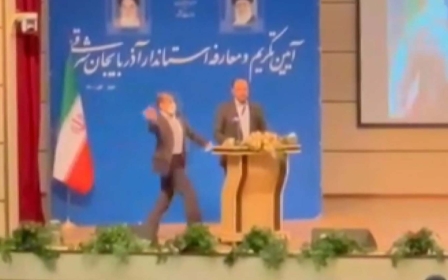Iran says cyberattack behind widespread disruption at petrol stations
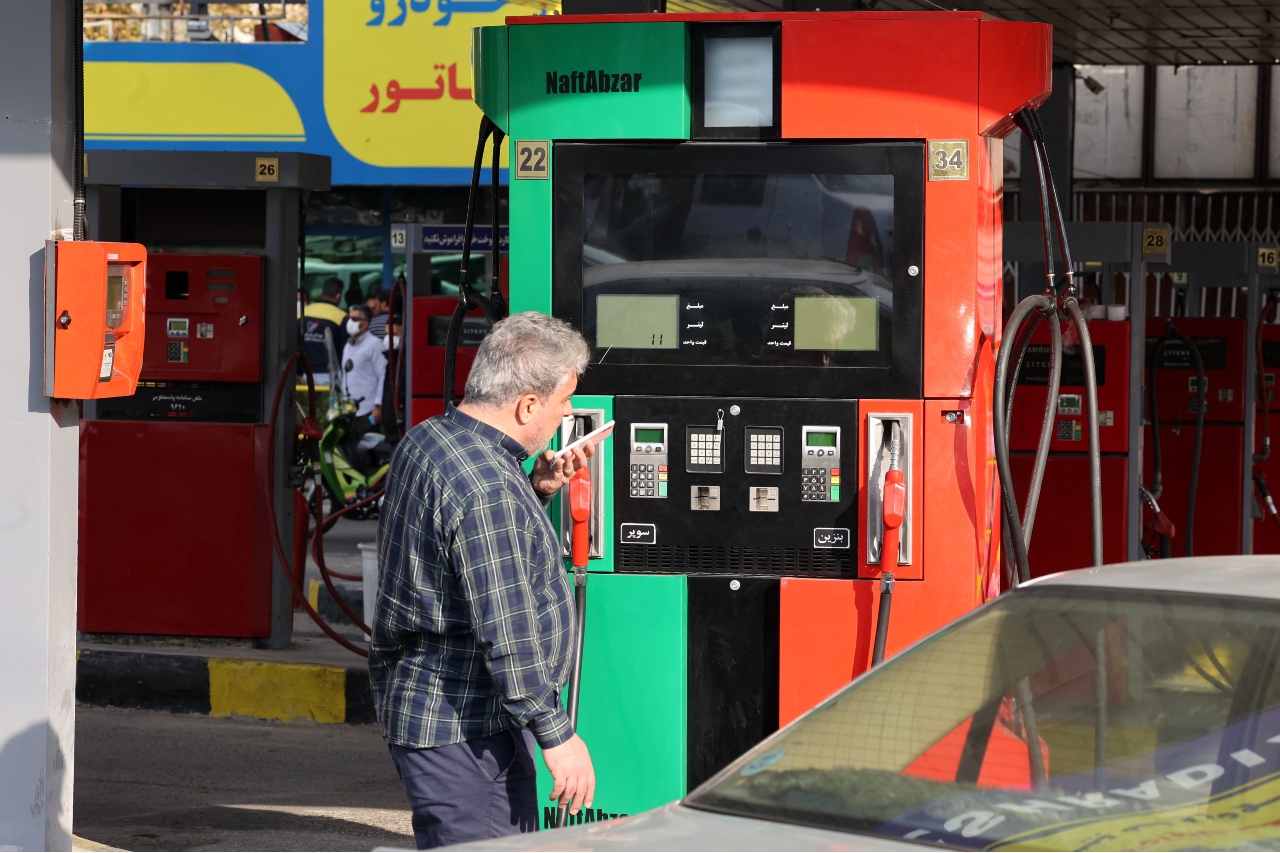
A cyberattack disrupted the sale of heavily subsidised gasoline in Iran on Tuesday, state media reported, causing long lines at petrol stations across the country.
"The disruption at the refuelling system of gas stations... in the past few hours, was caused by a cyberattack," state broadcaster IRIB said.
New MEE newsletter: Jerusalem Dispatch
Sign up to get the latest insights and analysis on Israel-Palestine, alongside Turkey Unpacked and other MEE newsletters
"Technical experts are fixing the problem and soon the refuelling process... will return to normal."
The broadcaster had earlier reported that the interruption was due to "disruptions to the computer system", adding that the attack and those behind it are under investigation, without giving further details.
An urgent meeting was being held at Iran's national society for the distribution of petrol products in order to resolve the problem, the body's spokesman Fatemeh Kahi said.
Second anniversary
The disruptions came ahead of the second anniversary of a 19 November increase in fuel prices that led to widespread street protests in which hundreds were reported to have been killed by security forces.
The oil ministry said only sales with smart cards used for cheaper rationed gasoline were disrupted and clients could still buy fuel at higher rates, the ministry's news agency Shana reported.
Networks broadcast images of long lines at shut stations, while unauthenticated videos posted on social media showed apparently hacked street signs carrying messages such as "Khamenei, where is our gasoline?" in a reference to Supreme Leader Ayatollah Ali Khamenei.
In the past, Iran has been targeted by a series of cyberattacks such as one in July when the website of the transport ministry was taken down by what state media said was a "cyber disruption".
Iran says it is on high alert for online assaults, which it has blamed in the past on the United States and Israel.
Washington and other Western powers have meanwhile accused Iran of trying to disrupt and break into their networks.
Middle East Eye delivers independent and unrivalled coverage and analysis of the Middle East, North Africa and beyond. To learn more about republishing this content and the associated fees, please fill out this form. More about MEE can be found here.


